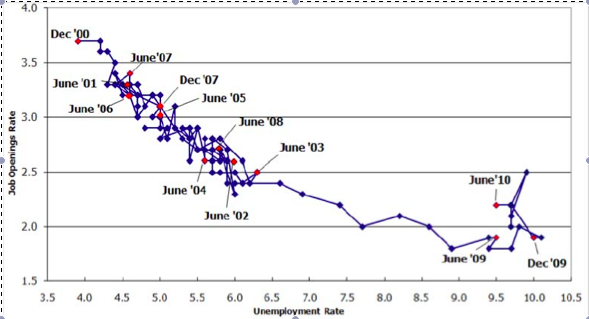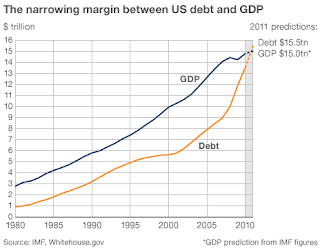The Euro Fiscal Rule

Last night, the leaders of Europe agreed on a new fiscal rule to try and save their common currency. The official statement details the rule: "General government budgets shall be balanced or in surplus; this principle shall be deemed respected if, as a rule, the annual structural deficit does not exceed 0.5% of nominal GDP." We have computed the historical structural deficits to find out how tough the 0.5% benchmark is to achieve. As can be seen on the table below, among the fifteen major eurozone countries, only three countries (Belgium, Finland and the Netherlands) have managed to pass this rule succesfully (the green cells) in the last 9 years, and only one (Finland) has managed to pass it continously. Most countries have been far off the rule. Eurozone Governments' Structural Balance (computed from IMF data) Taking 30 years of data, we can see on the figure below that every single year, the vast majority of Eurozone countries have broken the "fiscal ru



